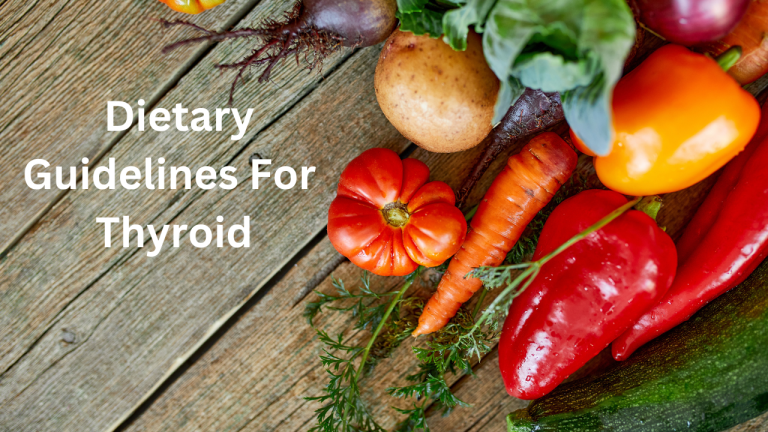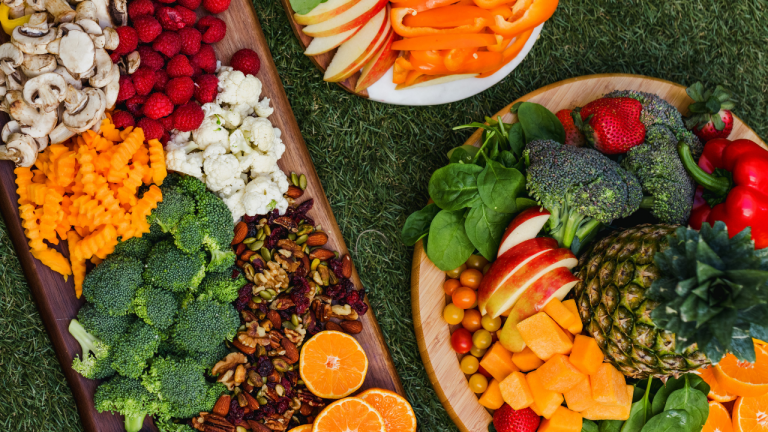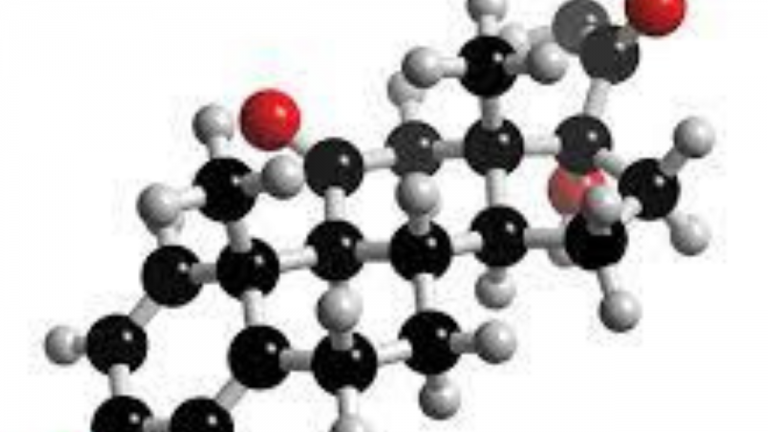Nutritional Value of Carrot Juice May Differ From Raw Carrots

When you juice a carrot, some of its nutritional content can be lost. Here are some ways in which the nutritional value of carrot juice may differ from raw carrots:
Fiber Content: Juicing removes most of the fiber in carrots, which is an important nutrient for digestive health.
Vitamin C: The vitamin C content of carrot juice may decrease over time due to oxidation. Raw carrots contain more vitamin C than carrot juice.
Antioxidants: Carrots contain antioxidants such as beta-carotene and other carotenoids, which can help protect against cancer and other diseases. Some of these antioxidants may be lost during the juicing process.
Potassium: Raw carrots are a good source of potassium, which is important for heart health and blood pressure regulation. The potassium content of carrot juice may be lower than raw carrots.
However, carrot juice can still be a healthy and nutritious option, especially if it is consumed immediately after juicing to minimize vitamin C loss. Additionally, carrot juice is a good source of vitamin A, which is important for eye health and immune function.



